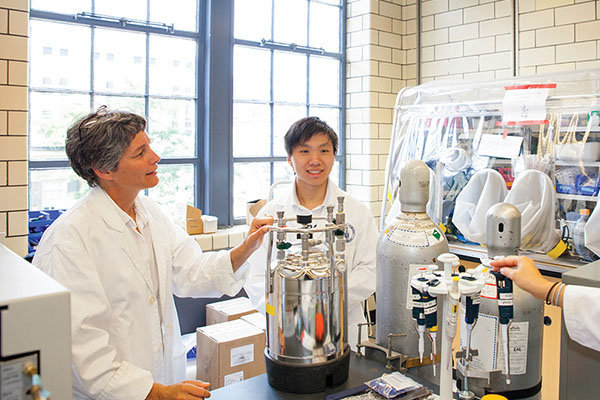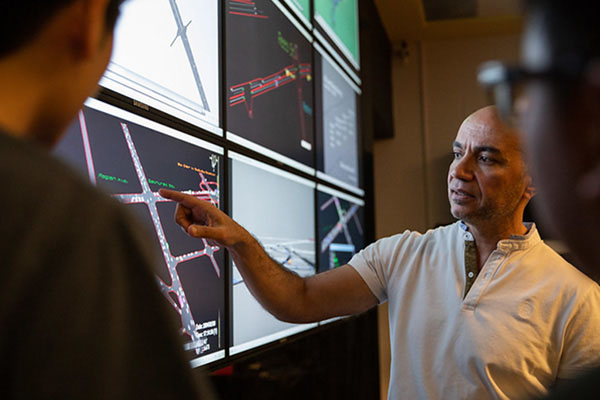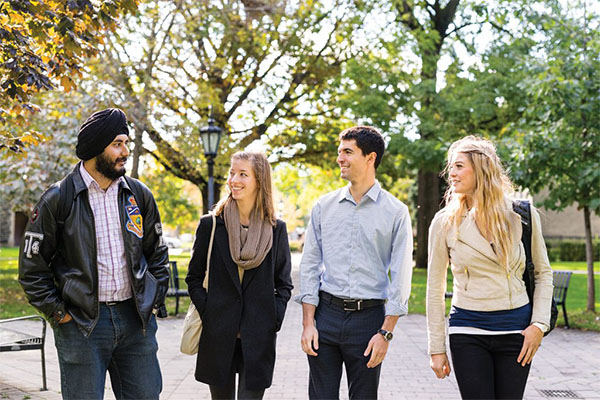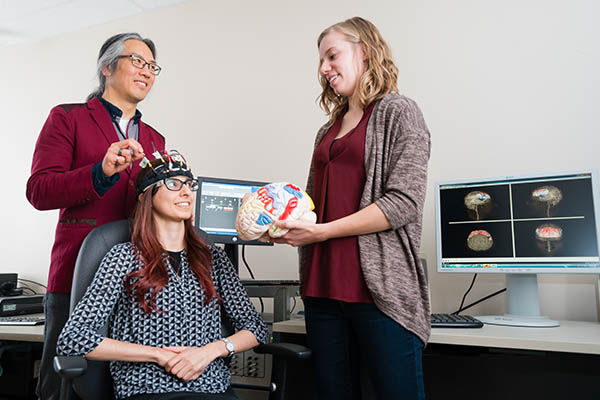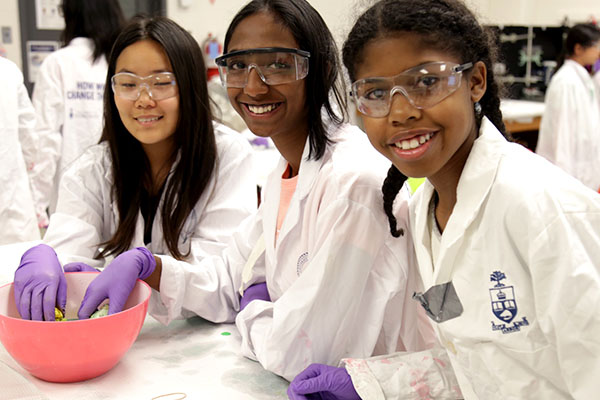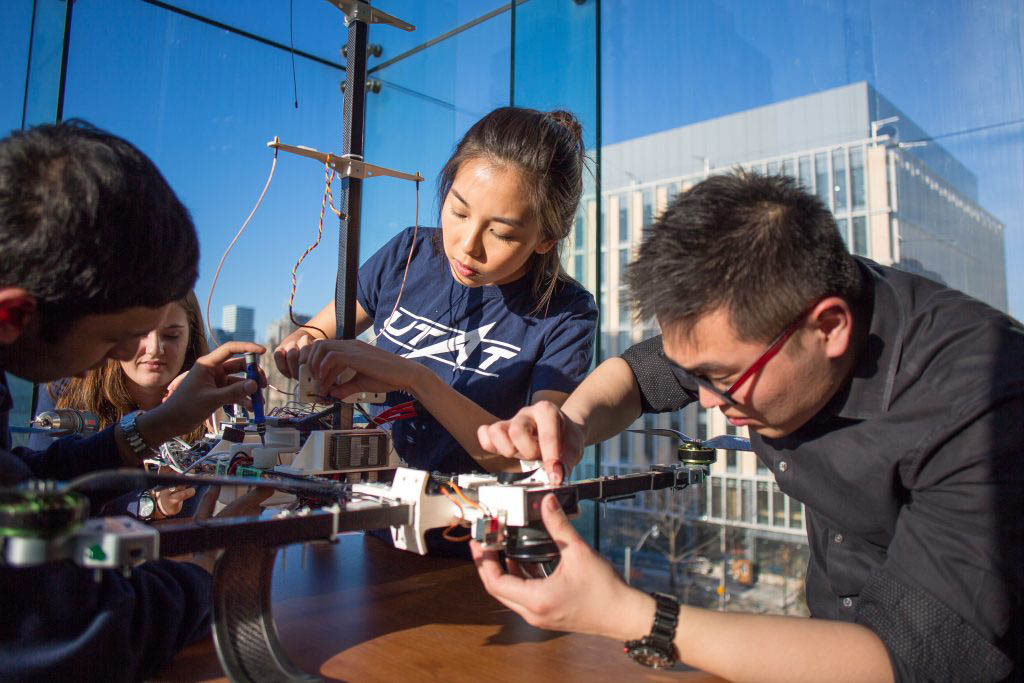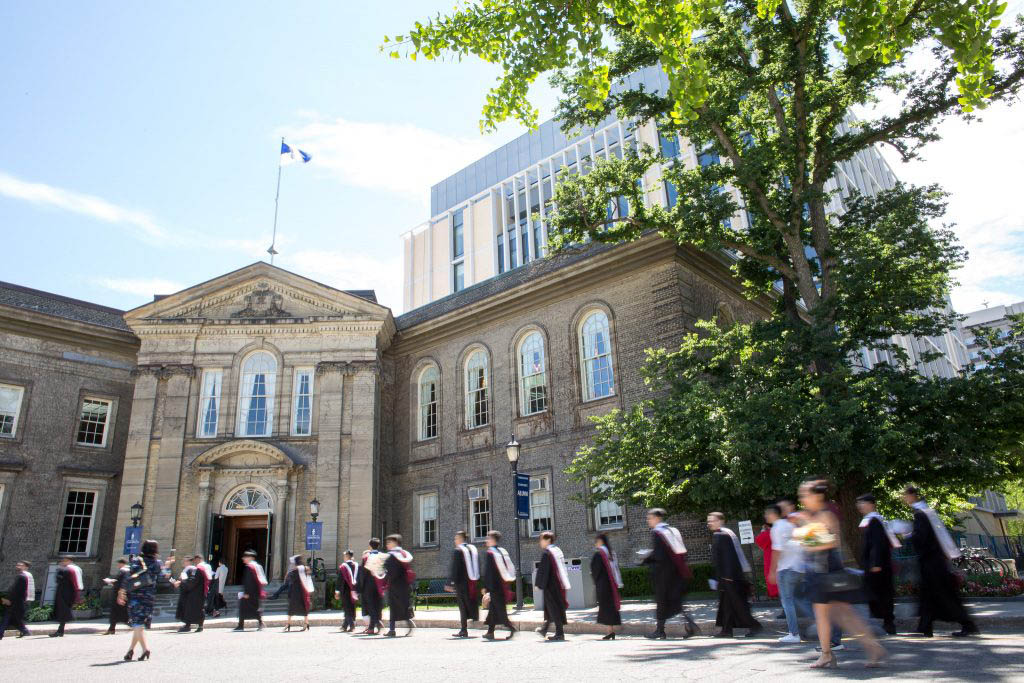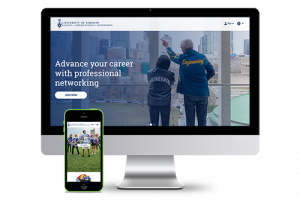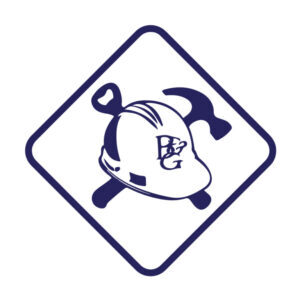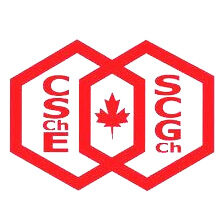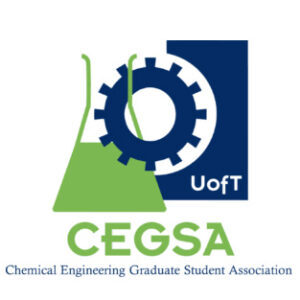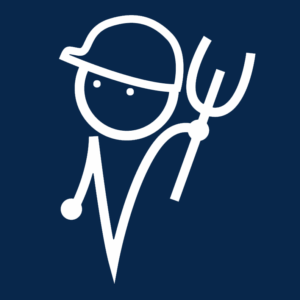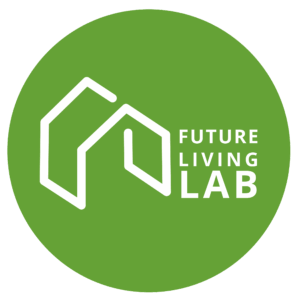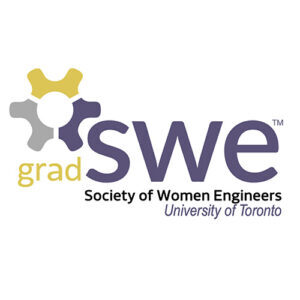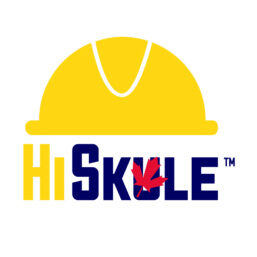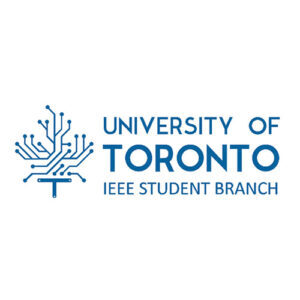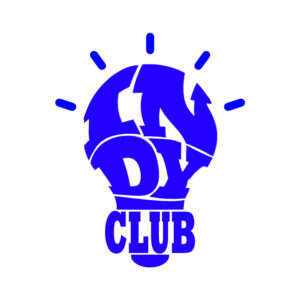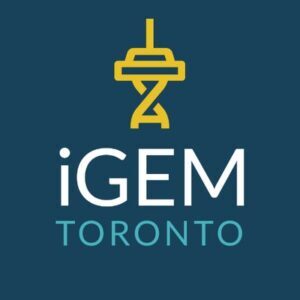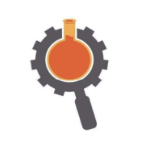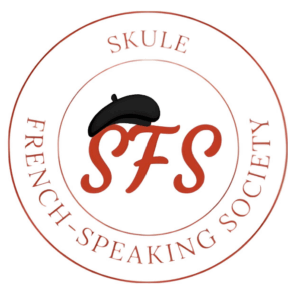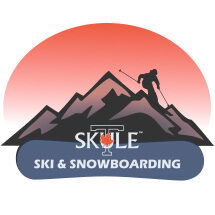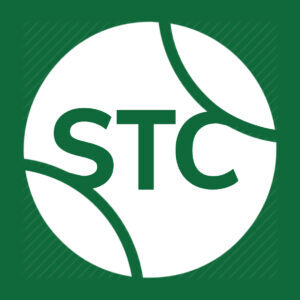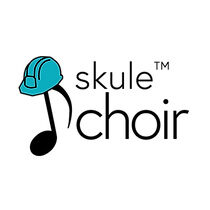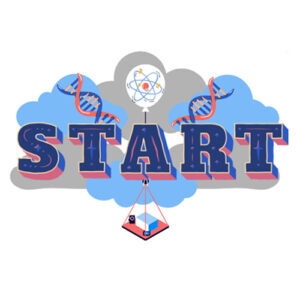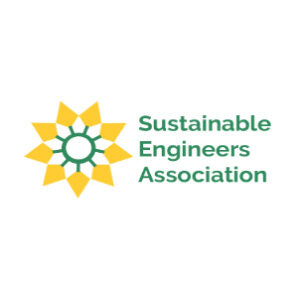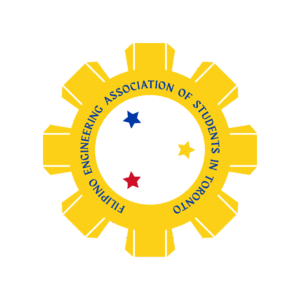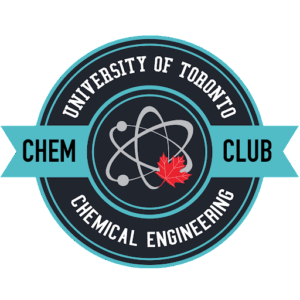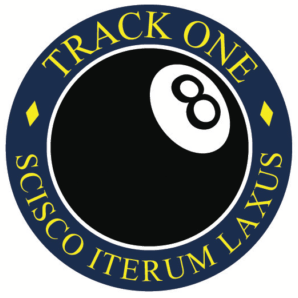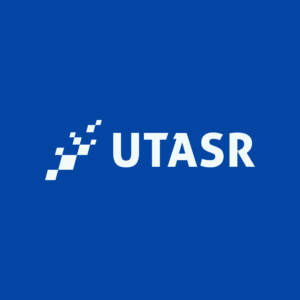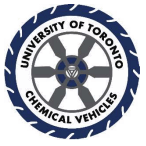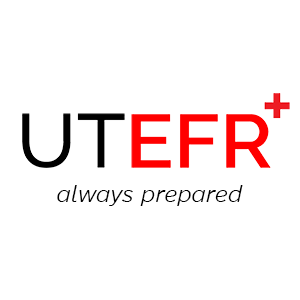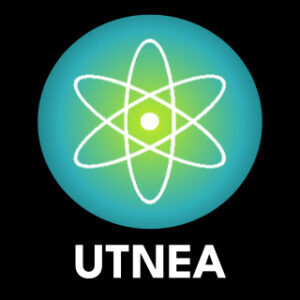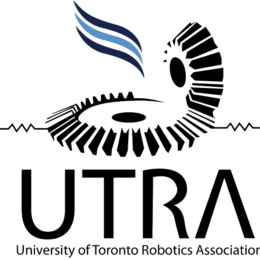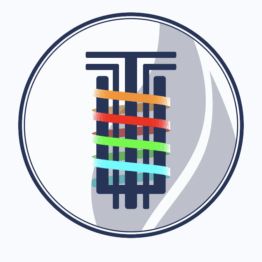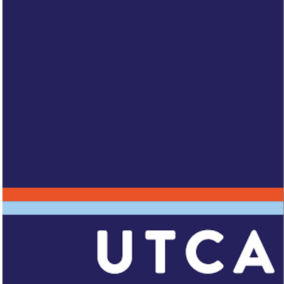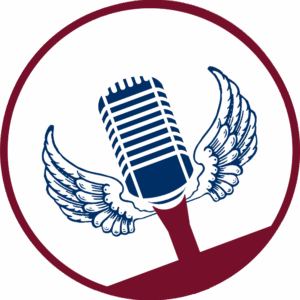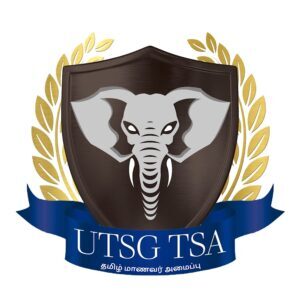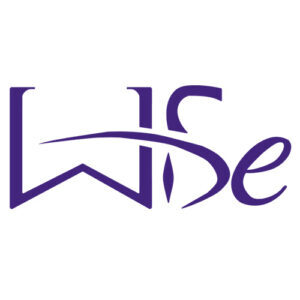Key accomplishments
New Member Workshops - During the academic year, our team organized various hands-on workshops for students to learn about design and manufacturing. Around 80 students learned how to create parts out of carbon fibre in order to make their own name tags in three different sessions. The “Touching Speedbikes” workshops allowed new members to participate in dissecting a speed bike drivetrain to learn about its operation. The “CAD…It’s not that scary” workshop taught new members the basics of SolidWorks, the CAD software our team uses to visualize components. In addition, the electronics subteam hosted “Electronics 101” workshops and guided new members through a training program. These allowed around 25 new members to seamlessly join existing watercraft and speed bike designers with their newly learned skills in computer aided design, breadboarding, composite manufacturing, and more.
2024 World Human Powered Speed Challenge - Between September 7th to 15th nine undergraduate students from our team travelled to Battle Mountain, Nevada to participate in the 2024 World Human Powered Speed Challenge (WHPSC). Our ability to send this many students was partly enabled by the CPSIF funding this year. This year we entered into the competition with two bikes and five riders! Over the week at Battle Mountain our nine students faced mechanical and aerodynamic problems and through many hours of teamwork solved these problems resulting in the best bikes for our riders. All our riders rode fast enough to be awarded WHPSC hats: Kai Zabitsky achieved a 50mph hat, Lincoln Macdonald, Daniel Tykei and Christopher Koehlmann achieved 60mph hats, and Ethan Elbaz achieved a 65mph hat!
Watercraft Development - Over the past year, CPSIF funding has enabled the team to develop a new human-powered hydrofoil watercraft, with the goal of breaking the human powered speed record on water. Around 30 students have been involved in research, design, prototyping, and manufacturing for five different subsystems: Surface Interactions, Flight, Structure and Rider Interface, Drivetrain, and Electronics. During the summer of 2025, there will be a staged integration and testing of watercraft components, starting with the pontoons and frame, and ending with the hydrofoils.
CPSIF funding impact
The team is very grateful for the funding and the support from the faculties and student group, which improved our recruitment program and helped us take on more ambitious projects. This year's "Experiencing HPVDT" workshops attracted more interest than ever, and CPSIF funding allowed us to accommodate more students than prior years, resulting in a large wave of about 25 new student members. CPSIF funding has also allowed us to develop a watercraft capable of surpassing the water speed record, meaning more students than ever before are learning about composite manufacturing, aerodynamic design, and hydrodynamics.
Category/categories:
Explore student groups
- All
- Arts and Music
- Athletics
- Cultural, Faith or Identity-based
- Design/Competition
- Discipline-specific
- Education and Professional Development
- Hobby/Special Interest Focus
- Social Change and Advocacy




